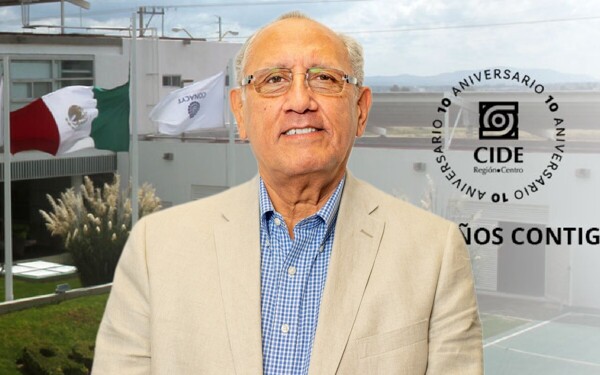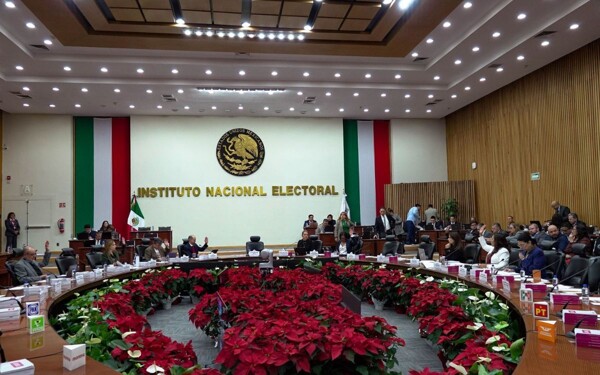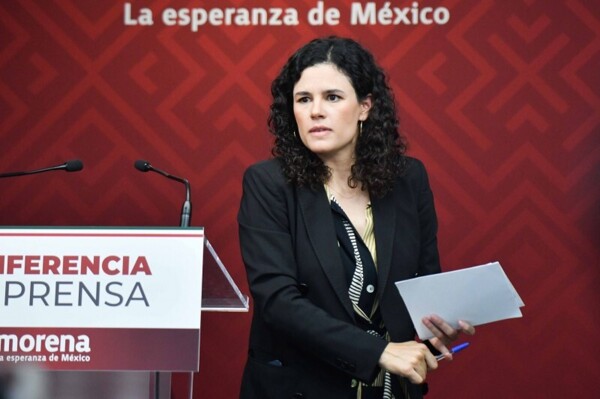
An investigation revealed that during the last six-year term, nonexistent companies were contracted, thus repeating the administrative irregularities of previous governments. The initiative presented in Congress in 2021 did not progress among legislators, according to representatives of promoting organizations. The proposal did not explicitly address the issue of contracting ghost companies (EFOS). According to Pérez, a General Law on Public Contracts would be needed for Claudia Sheinbaum's term.
Diconsa, the Secretariat of Welfare, and the National Institute of Indigenous Peoples (INPI) denied having dealings with EFOS, despite having calls for bids, contracts, and signed receipts. From his experience, Gerardo Lozano Dubernard questioned the validity of "paper" evidence in the auditing of public contracts.
Among the agencies that contracted EFOS are the SICT, ISSSTE, Conapesca, the Trust for National Merchant Marine Training and Training, and the National Coordination of Scholarships for Welfare Benito Juárez. These companies were suspected during the contracting processes, but were not detected by officials.
Only one of the contracted companies resulted in a conviction. A lack of complaints from the agencies was observed, which did not cancel contracts despite the evident non-compliance of suppliers.
Regarding the ghost companies, millions of pesos were assigned in contracts for works, services, and acquisitions in 21 states of the country. Despite the low number of EFOS detected in the last six-year term, specialists point out that many have still not been identified by the tax authority.
Despite government efforts to sanction agreements with ghost companies, there are legal gaps regarding the contracting of EFOS with public money. There is no regulation that specifically prohibits these contracts. The lack of transparency and auditing has allowed EFOS to continue operating.














